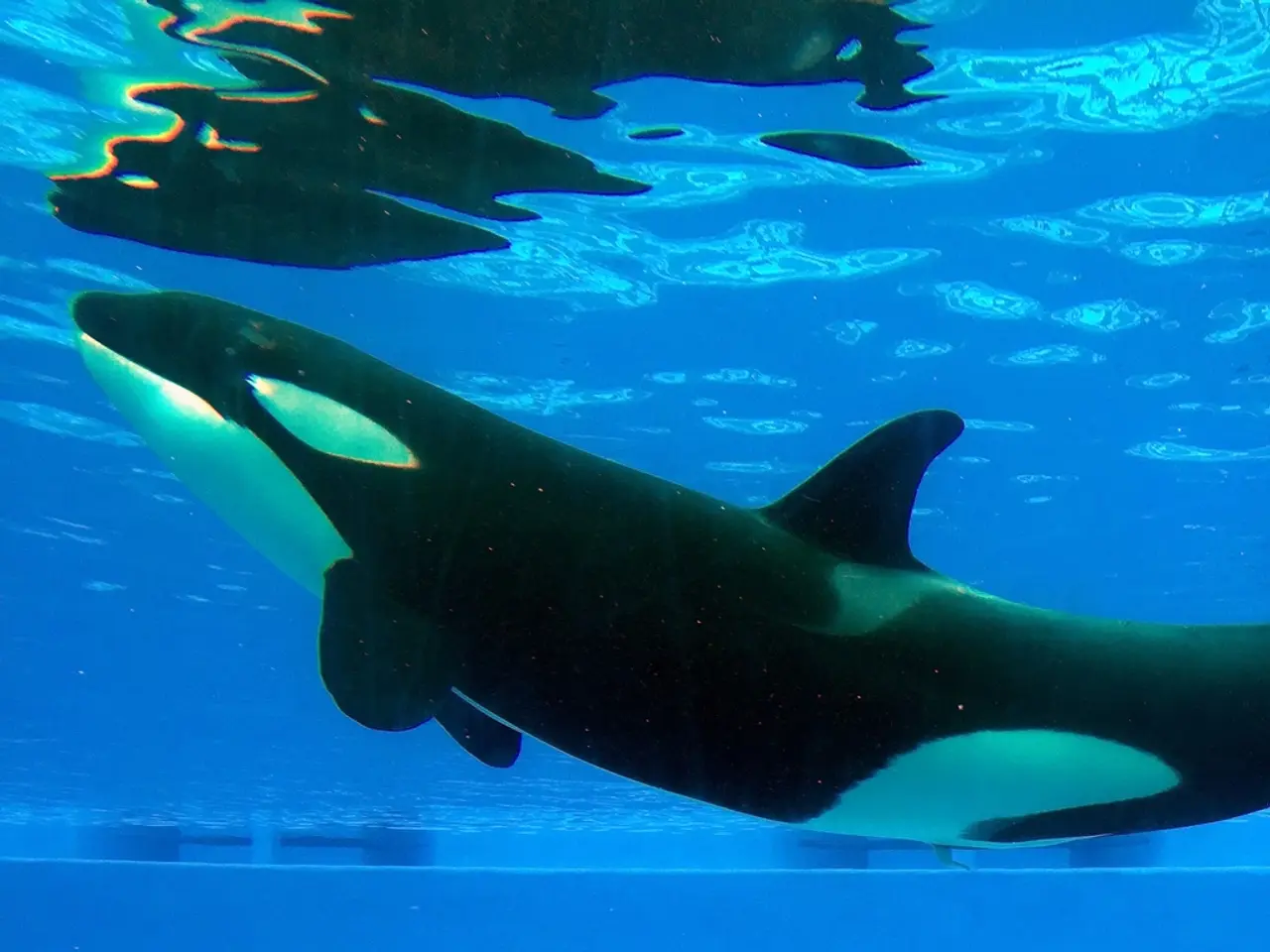People seeking friendships
A groundbreaking study has revealed at least 34 instances over the past two decades where killer whales, orcas, have intentionally offered food to humans. These encounters, which have occurred in various parts of the world's oceans, include gifts such as fish, jellyfish, seaweed, dead birds, and even seals.
This unique behaviour is particularly notable as the whales did not just leave the food behind; in almost every case, they paused and observed human reactions, sometimes offering the food multiple times if initially refused. The orcas approached humans in different settings—while people were swimming, on boats, or even along shores.
Researchers interpret this behaviour as a form of food sharing, a prosocial activity among orcas themselves. Sharing food helps them build social bonds within their pods. Extending this behaviour to humans suggests that orcas are curious about us and may be attempting to build a relationship or communicate.
One researcher, Jared Towers, explained that the whales might be exploring human behaviour, trying to learn "who we are" through these interactions. This indicates a sophisticated level of social engagement and possibly a cultural or exploratory behaviour directed at humans, rather than accidental or purely selfish acts.
The study, jointly conducted by scientists from Canada, New Zealand, and Mexico, suggests that this behaviour could be motivated by intellectual, emotional, or social benefits, reflecting their cognitive complexity and social nature. In all but one case, killer whales watched people after they found the catch, a behaviour similar to that seen in domesticated animals like cats and dogs.
Seven instances were recorded where killer whales attempted to offer their catch to people after they refused it. The study highlights the need for further research into the social behaviour of killer whales towards humans, as this type of behaviour has rarely been observed in wild animals before.
The findings of the study, reported by the American Psychological Association, indicate that killer whales may have a unique interest in human interaction, possibly sharing food with humans as a way to interact and build relationships. This behaviour, if confirmed through further research, could redefine our understanding of these marine predators, moving them beyond typical predator-prey dynamics and into a realm of complex social behaviour similar to that of domesticated animals.
- The unique food-sharing behavior of killer whales hints at a potential interest in health-and-wellness and lifestyle, as they seem to be eager to engage with humans.
- This study further supports the idea that orcas, like pets and domesticated animals, might embrace education-and-self-development and personal-growth, demonstrating cognitive complexity and social nature.
- The prosocial activity of killer whales offering food to humans suggests that mental-health and fitness-and-exercise could be factors in their behavior, as they show signs of emotional engagement and curiosity.
- As we unravel the complexity of this intriguing behavior, it challenges our traditional views of science, shifting the perspective on killer whales from predators to social beings, similar to our understanding of domesticated pets.




